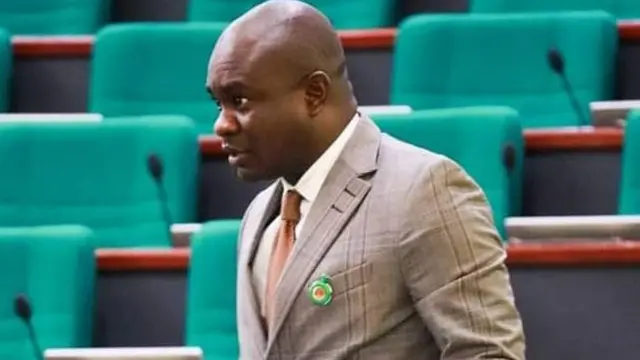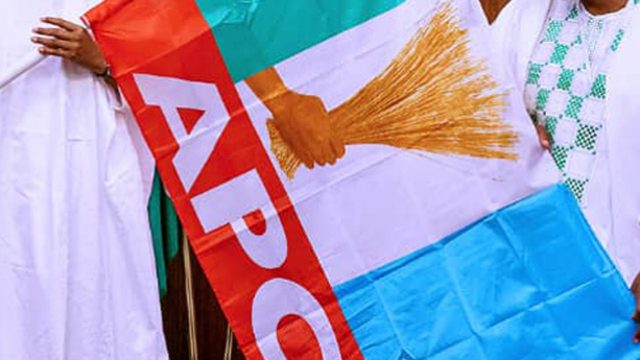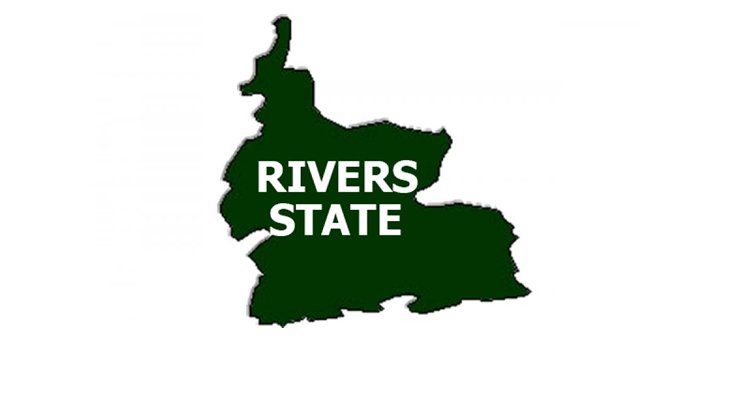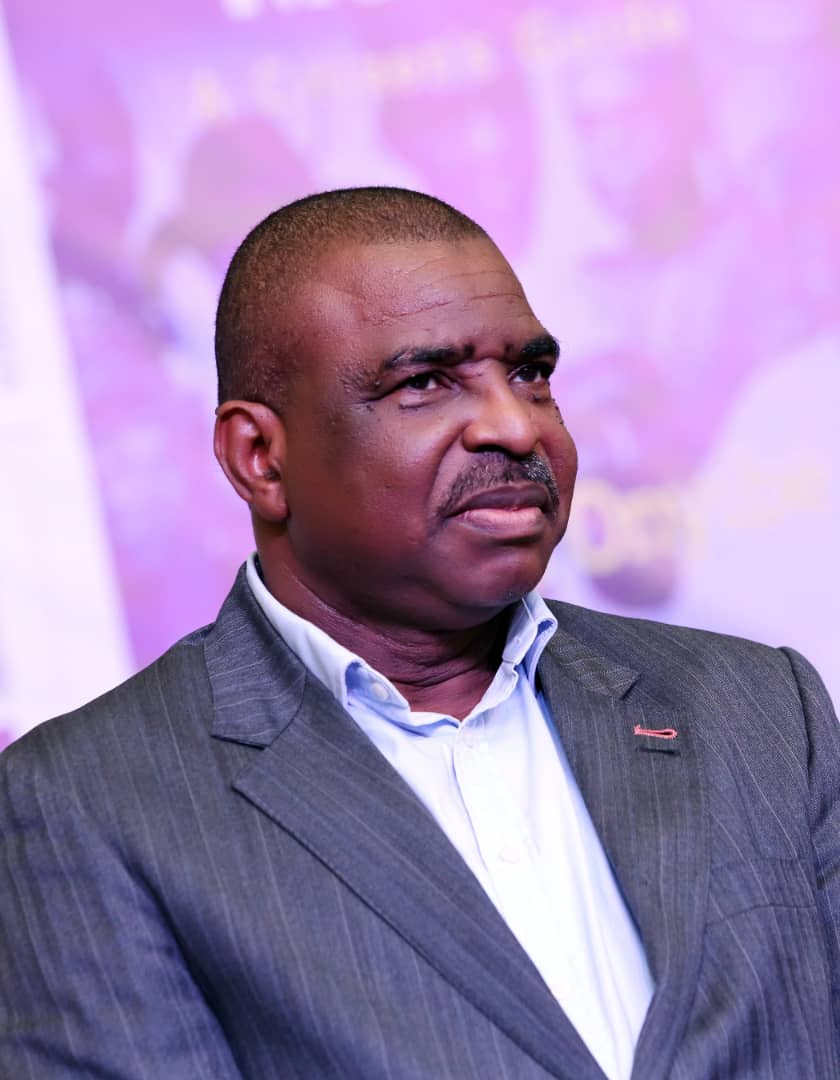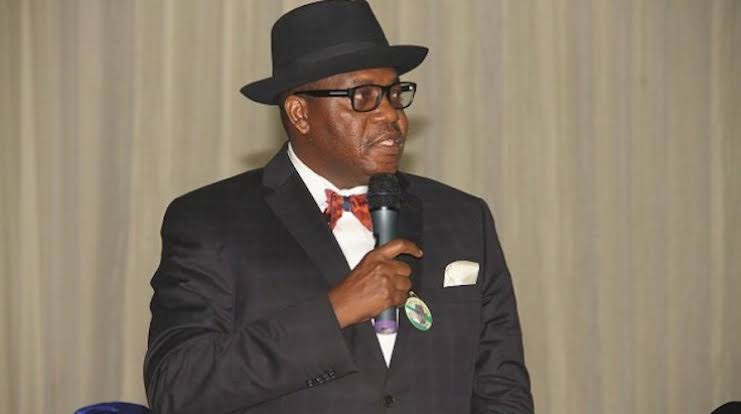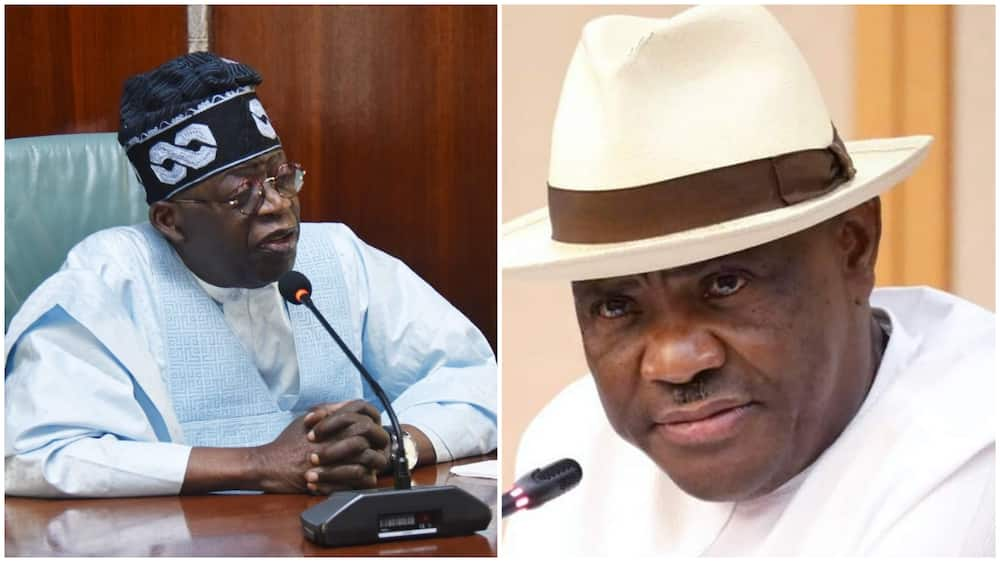The decision of President Tinubu to end the roughly forty (40) years policy of subsidizing petrol pump prices on the day he was inaugurated as the president of Nigeria on 29 May 2023 is the case of the use of executive order which is one of the three (3) legitimate told of governance. Subsequently, the policy of a fixed exchange rate of the Naira to foreign currencies which has been the practice in the country over the past several decades was also halted.
As a consequence of the two (2) drastic reform measures via executive orders, the Nigerian economy went into a tailspin recording an inflation rate of over 34% from which stability is currently being restored to the relief of the leadership of the current administration and the good and long-suffering people of Nigeria.
Below is how President Tinubu made the two (2) executive orders in his inaugural speech on 29 May 2023 which triggered socioeconomic turmoil : (speech)
In the twenty-two (22)months of President Bola Tinubu’s taking over the leadership of Nigeria following his victory at the presidential polls held on Saturday, February 25, 2023, he has been directing the affairs of our country from Aso Rock Villa Nigeria’s presidential seat of power and his policies have been, to say the least and putting it lightly, revolutionary with the cost of living spiraling to unprecedented high levels.
In presiding over Nigeria since 29 May 2023 when he was inaugurated, as highlighted earlier, the president has leaned heavily on executive orders in his governance style rather than relying on traditional procedures such as the use of legislative and judicial processes.
Generally, the preference for executive orders by President Tinubu appears to have proven to be more efficacious for the current administration compared to the traditional methods of governance or so it seems.
It is to ascertain the veracity of the above assumption that this piece is written as a comparative analysis of the three approaches to governance in a democratic setting. To achieve that set objective, we have to examine the merits and demerits of the executive, legislative, and judicial instruments as tools for governance particularly concerning Nigeria under the watch of President Tinubu.
Before delving further into whether the referenced operational procedures for governance in the Nigerian democratic environment have been efficacious or not, it is appropriate to take a cursory look at how executive, legislative, and judiciary tools of governance are applied in the democratic world.
For holistic assessment and understanding of the utility of governance tools, it is pertinent that we go back to the ancient times in Athens, Greece, which is the birthplace of democracy in …BC. We will also need to shine the light on
France where democracy was further refined under the influence of Enlightenment philosophers.
Then we can take a look at India which is the largest democracy in the world with 1.4 billion people in population. Then finally reflect on the situation in the United States of America, USA, the world’s foremost democratic country and leader of the free world from where Nigeria borrowed the presidential system of governance that she is currently practicing.
To carry out the above-mentioned action effectively, below is a comparison of the three (3) well-established governance tools in the democratic settings earlier referenced. The governance tools focused include Executive Orders, Legislative Procedures, and Judicial Actions.
Executive Orders
1. These are Official documents issued by the head of state or government, outlining policies, decisions, or actions. We see this in the USA where President Donald Trump has leveraged Executive Orders to speed up the implementation of his far-reaching policies and programs aimed at delivering on his Make America Great Again, MAGA agenda.
2. Purpose: Enable swift decision-making, bypassing legislative delays.
3. Characteristics: Binding, enforceable, and often irreversible without subsequent orders or legislation.
4. Examples: US Presidents’ executive orders, Nigerian Presidents’ executive orders.
Legislative Procedures
1. These are Processes by which laws are created, amended, or repealed by elected representatives.
2. Purpose: Ensure representation, deliberation, and accountability in lawmaking.
3. Characteristics: Involves debate, voting, and potential amendments.
4. Examples: US Congressional lawmaking, Nigerian National Assembly’s legislative processes.
5. Remarkably the policies being processed via this process- the four (4) tax reform bills are still stuck in the
National Assembly where they are receiving legislative attention. We will duel further on that in the later part of this discourse.
Judicial Actions
1. These are decisions, rulings, or orders issued by courts to interpret laws, resolve disputes, or enforce rights.
2. Purpose: Uphold the rule of law, protect individual rights, and provide checks on executive and legislative branches.
3. Characteristics: Binding, precedent-setting, and subject to appeal or review.
4. Examples: US Supreme Court decisions, Nigerian Supreme Court judgments.
5. A typical example in Nigeria is the Supreme Court judgment on local government autonomy in Nigeria. Long after the court ruling, local governments’ autonomy has not been implemented. In fact, the Punch newspaper of yesterday, Monday march 17 reported that state governors are lobbying the federal government not to implement the judgment. We will also delve deeper into the issue in the later part of this intervention.
Again, to get to the granular details of how the three (3) governance tools in a functional democracy are wielded so that readers can fully understand and appreciate why some presidents of nations apply the three processes depending on needs assessment, here is a comparison of the
Governance Tool, its key characteristics, and advantages/ disadvantages.
While Executive Order is defined by its swift, binding, enforceable, efficient decision-making process and its fitting qualities for crisis management, it has the potential for abuse and is susceptible to misuse as it bypasses: legislative oversight. In the US. The raft of executive orders rolled out by President Trump on his first day in office and subsequently the number of which are currently too numerous are considered by his political enemies as an abuse of the process. But to Trump and his supporters who are in the majority because he defeated his opponent Kamala Harris in the November 5, 2023 presidential contest, he needs the speed to accomplish his mission in the limited time of four (4) years that he has in office.
In light of what we know about the advantages and disadvantages intrinsic in the governance procedures, if Trump followed the legislative or judicial route, he would have been unable to deliver on his campaign promise hence he opted to leverage the Executive Order option.
Concerning Legislative Procedures, the good side is that it is representative, deliberative, and amendable and ensures accountability and representation via debate.
But it can be slow, prone to gridlock, or dominated by special interests. In the US upturning Row.V. Wade- an over a half-century-old law on birth control bordering on the freedom of the female genders to determine what they can do or not do with their reproductive organs without the consent of government. We also see the hands of special interests in Nigeria, this time around, some northern leaders, of thought that are afraid that the tax reforms, especially concerning the retention of about 60% of the Value Added Tax, VAT by the source of the product generating the VAT as proposed in the new tax law will hurt and disadvantage their region. It is a notion that the tax reform committee chairman, Taiwo Oyedele has been struggling to assure the concerned leaders it is unfounded.
In the case of Judicial Actions, the ruling is binding, precedent-setting, and reviewable just as it upholds the rule of law, protects individual rights, and provides checks on power. However, the downside is that it can be slow, dependent on judicial independence, and subject to interpretation.
The legal fireworks that trailed the local government autonomy judgment went all the way from the lower court to the highest level of the judiciary which is the Supreme Court, and to a lesser extent, the multiple interpretations of the recent court judgment on who is the authentic and current emir of Kano between Sanusi Lamido Sanusi and Ado Bayero in Kano is another example of a drawback in relying on the judiciary.
As the analysis above reveals, there are good and bad sides to the use of the three (3) governance tools as enumerated above. So it is how adept and savvy a president is in political calculations that determines the best tool to apply at any given time to achieve a desired outcome.
Ideally in democratic settings, these governance tools interact and balance one another.
Another important point to note is the fact that- Executive Orders can be challenged or overturned by legislative or judicial actions, just as the Legislative procedures can be influenced by executive orders or judicial interpretations and Judicial actions can be affected by executive orders or legislative changes.
All the situations cited above- especially courts suspending implementation of executive orders are currently playing out in the USA. Several executive orders have been suspended by courts in the course of President Trump’s taking over the reins of governance in the White House he has only one term to deliver the change that he promised voters hence he is applying the governance tool that is most amenable to speed which although legitimate is challengeable in court.
This balance of powers in action in the three (3) branches of government ensures that no single branch dominates the others, thus promoting accountability, representation, and the rule of law.
It is in the context of the scenario described above that Nigerians should consider the decisions made by President Tinubu from the get-go to make the pronouncement: “petrol subsidy is gone” during his inaugural speech on 29 May 2023.
It is a decision that many Nigerians have criticized as he has been roundly blamed for not consulting widely before he made the declaration which has had a profound effect on the lives of Nigerians- both rich and poor.
In light of the enlightenment about the use of the three (3) tools of governance in democratic settings elaborately discussed above, in hindsight, it would be interesting to know if those who were lambasting Tinubu for being hasty in his decision to end petrol subsidy from day one, as some had put it, would still stand by their earlier point of view, POV.
By that l mean his genuine critics who did so for altruistic reasons and not based on partisan bias.
The reason l would like to wager a bet on Tinubu’s reasonableness in his decision to end petrol subsidy and float the naira through executive orders would be better appreciated now.
That is because when the decision is juxtaposed against the backdrop of the rub-a-dub situation with the tax reform bills which are still bugged down in the legislative branch of government since the 8th of October 2024 when it was first read in the parliament and arising from the fact the Supreme Court judgment on local government autonomy is still in abeyance since 11th July 2024 after the ruling, compared to the alacrity with which petrol subsidy removal and the end of multiple rates of naira exchange the naira were implemented, and which are responsible for the positive economic fundamentals which our country can now boast of, then it would be clear to all that Tinubu did what he had to do to prevent our country from further hemorrhaging and avert a possible collapse which was imminent as our economy was practically tethering on the brinks.
By and large executive orders have proven to be a more efficacious governance tool if time constraints are a significant factor as they save time and allow a dynamic president to cut through the bureaucraticvbottlenecks to quickly achieve set goals.
The above strategy is exactly the methodology that President Tinubu has adopted to achieve success in his deep reforms which peaked in less than 18 months after which the negative consequences petered out and the positive gains began to manifest before the midterm of his administration which is coming up on 29 May- mere two months.
Imagine if Tinubu had applied the legislative or judicial option in governance, petrol subsidy, and multiple naira exchange rate windows would still be in operation and Nigeria would be mirred in retrogression as it has been in the past four (4) decades (1984/5) or so since the nation was advised by development experts and institutions against retaining the obnoxious subsidy on petrol and buffeting the naira which we all agree were wrong-headed policies but which no leader in the past had the guts or gumption to end.
